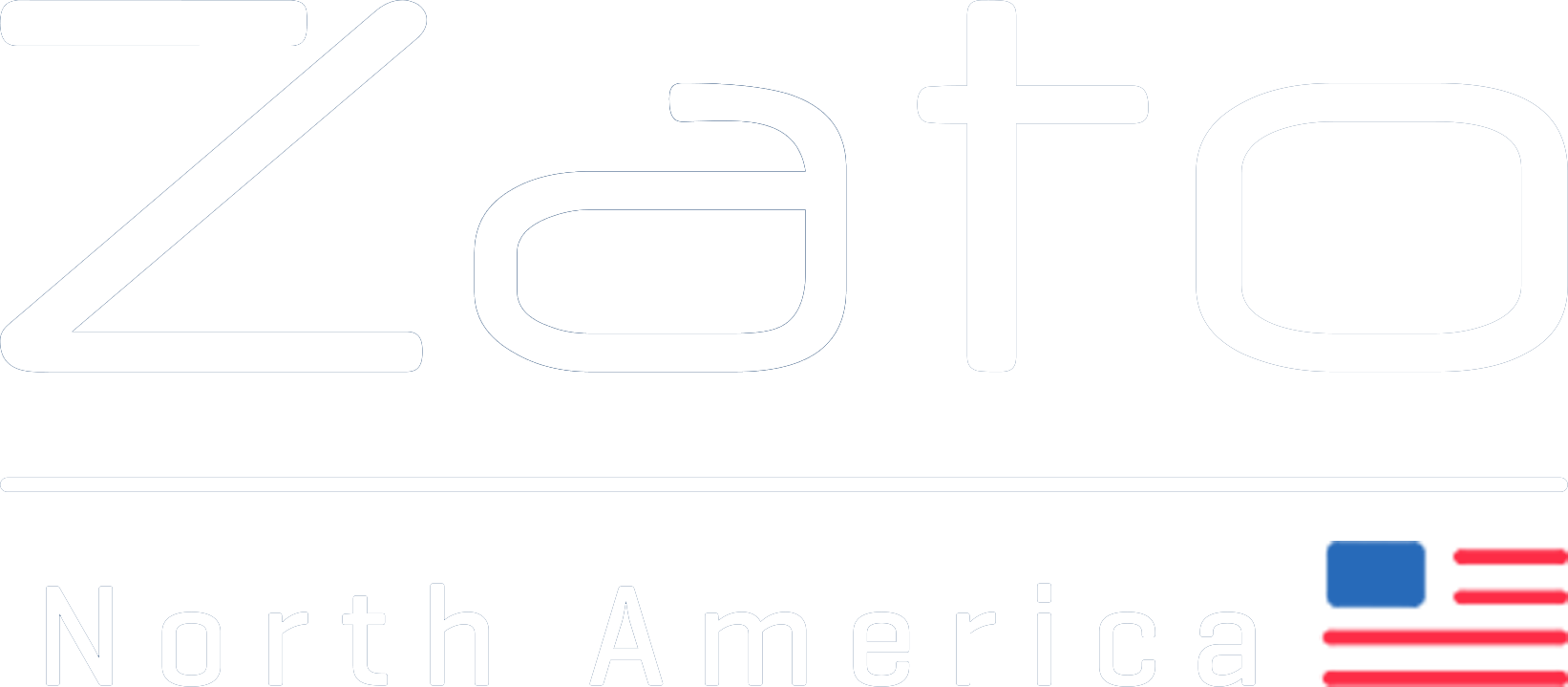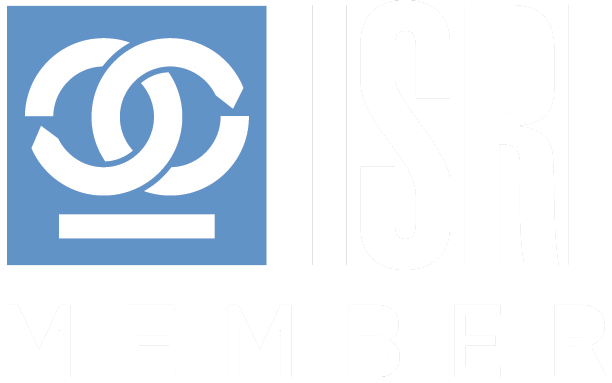Sustainability at Zato
OUR JOURNEY TOWARDS ENVIRONMENTAL RESPONSIBILITY
We have always associated sustainability and circularity with our work. We want to go beyond the simple concept of the sustainability report and turn it into an opportunity for growth, seeking the balance between the benefits we bring and the negative impacts we may cause, embracing the challenges of climate and social change.
This is why we present our commitment to circularity and the five strategic sustainability themes that guide the journey of our entire team. We recognise that some goals are yet to be fully defined, but our goal is to turn sustainability into responsibility, day in and day out.
Living Circularity

Increase the use of recycled steel in the production of machinery, working with suppliers for greater traceability and certification of the material’s origin.
Promotion of a circular economy through innovative design of machines, components and materials. Use of software for rapid analysis of machine data.
Using scrap as the main raw material to produce iron, aluminium, steel, copper and rubber allows us to contribute to the ecological transformation of the steel industry.
The five themes
of our
strategy
of sustainability



CLIMATE & ATMOSPHERE
We are committed to reducing our impact in terms of greenhouse gas emissions, both direct and indirect.
Our ambitions
Decrease energy consumption and phase out fossil fuels.
Build a climate change adaptation plan.
- Machinery Efficiency: reduced energy consumption during material processing.
- Zato technology: use of advanced blades for finer shredding of recycled metal material, reducing the energy needed in remelting processes.
- Energy sources: 100% renewable
- Monitoring: calculated for the first time all scope 1, 2 and 3 emissions – now we know where to improve.
- Analysing Corporate Policy: examine current sustainability and energy efficiency practices.
- Interact with logistics providers: assess their commitments to reduce fuel consumption and emissions.
- Internal energy consumption audit: identify internal behaviour and areas for improvement.
- Establish internal guidelines: formulate internal protocols for efficient energy management.
- Select renewable energy suppliers: choose suppliers that offer sustainable options.
- Seek sustainable production alternatives: explore responsible production options.
- Carry out risk analysis and mitigation plan: identify energy risks and define mitigation strategies.

RAW MATERIAL & (ECOSYSTEM)
We recognise that collaboration and communication are key to building a better ecosystem. We work closely with our suppliers, sharing our sustainability expectations and establishing a relationship of mutual trust.

Our ambitions
By 2025, use at least 50% recycled steel in the production cycle.
Reduce the amount of packaging used for storing and transporting machinery.
Develop a RESPONSIBLE supply chain for components and supporting materials.
REDUCE AND MITIGATE the generation of hazardous waste during production processes.
FIRST MATTER
- Categorisation and Exploration of Materials: Completed the categorisation and exploration of incoming material flows.
- Raw Material Circularity Analysis: Completed the analysis to improve the circularity of raw materials used.
- Steel Supply Chain Investigation: Investigated the steel supply chain to determine the ratio of recycled material to virgin raw material
- Application of the Semi-Finished Materials Approach: Extended the same analysis method to semi-finished materials to increase transparency in the supply chain.
WATER
- Reduced water consumption in the company, thanks to technological efficiency in maintenance activities and improved machine design, which led to a decrease in the use of pressure washers in after-sales services.
WASTE
- Waste Management Approaches: Adopted methods to contain/save resources in the production cycle, reduce waste production and promote sustainable behaviour among employees.
- Collection points for sorting: Specific collection points for municipal waste installed in each department, with clear indications on sorting
- Drastic reduction of internal plastic consumption of water bottles
- Analysing Corporate Policy: Review current sustainability and energy efficiency practices.
- Interact with Logistics Suppliers: Assess their commitments to reduce fuel consumption and emissions.
- Internal Energy Consumption Audit: Identify internal behaviours and areas for improvement.
- Establish Internal Guidelines: Formulate internal protocols for efficient energy management.
- Select Renewable Energy Suppliers: Choose suppliers that offer sustainable options.
- Seeking Sustainable Production Alternatives: Explore possibilities for responsible production.
- Conduct Risk Analysis and Mitigation Plan: Identify energy risks and define mitigation strategies.


(RE)GENERATION OF RAW MATERIALS
We produce and strive to constantly improve machines that are accessible to all, smaller, simpler, more responsible and operate with proximity economy, making recycling and recovery activities more widespread.
Our ambitions
Making machinery accessible to more markets.
INCREASE THE EFFICIENCY of our machinery.
FORMALISING COLLABORATIONS for innovation.
- Collaboration with the Milan Polytechnic: Initiation of research to assess the environmental impact and energy-saving benefits of the ferrous scrap melting process processed with Zato machinery.
- Improvement of Recycling through shredding: This technology enables the processing of any type of ferrous and non-ferrous scrap, preparing it for the recycling phase by volume reduction, which allows optimisation of space in the melting furnace feeding phase with consequent savings in energy and production costs.
- Improving Recycling through Efficient Separation: by using magnetic, optical and alternating current systems, we are able to obtain clean and homogenous materials from shredding, ensuring strict control of the different shredded materials, further improving cost control at the melting stage.
- Expand Distribution: Increase machine presence in global markets by offering more efficient, cost-effective and easy-to-install machinery.
- Advanced Machinery Development: Improve the efficiency of machinery to increase the quality of recycled material, reduce carbon emissions and lower energy consumption.
- Improved Maintenance: Implementing preventive and predictive maintenance processes to reduce the need for spare parts, maintain high operational efficiency and extend the life of machinery.
- Sector Collaborations: Intensify collaborations with experts in the metallurgical sector for the development and research of innovative products and services.
- Feasibility Study for Alternative Energy Sources: Launch a feasibility study to evaluate the use of alternative drives to power Zato machinery.
- Partnership with the Milan Polytechnic: Formalise collaboration with the Milan Polytechnic to strengthen the existing partnership.

GROWTH AND NEW SKILLS
We are committed to being the enablers of a (re)generative future. We believe in the potential of our sector and the immense possibilities for application, and for us this means guiding the market to develop jobs and skills that support the transition in which we operate.
We are committed to ensuring that every single function within our organisation feels part of this change and we want to support them on a path of professional growth.

Our ambitions
Increase the attractiveness of the company as an employer.
Focusing on organisational development needs.
Transferring SUSTAINABILITY SKILLS to employees.
Increase the COMPETENCES of each person to improve each department.
- Sustainability Working Group: Specific training for participants of the corporate group in charge of developing the sustainability strategy and sustainability report, covering both general and specific topics related to the company’s activities.
- Knowledge Dissemination: Plan to extend sustainability training to all company employees.
- Competence Mapping: Creation of competence sheets for each employee as part of the development of the ISO 9001 system, with assessment of competence adherence in cooperation with department heads.
- Specific Employee Training: Completion of compulsory CCNL courses for all employees, courses related to job-specific skills and language courses.
- Professional Development Pathways: Designing professional development paths to understand the needs of new generations of workers.
- Organisational Development Elements: Analysing the essential elements for organisational development and evaluating an implementation plan.
- Personnel Involvement: Involve all employees in the objectives of the Sustainability Report, promoting the development of specific skills in sustainability related to the company context.
- Definition of Green Job: Establish what “green job” means for the company and what skills are needed to achieve it.
- Training and Classification Plan: Implement a comprehensive training plan and define internal roles at all levels of the organisation.


WELL-BEING AND INVOLVEMENT
We strive to become a model for other local companies by promoting the well-being of our people and the company’s involvement with local society. We believe that only through a proactive commitment to the health and work-life balance of our employees can we achieve mutual trust.
We believe that only by supporting and protecting the environment and society can we get the local community interested and start working together for common goals.
Our ambitions
Decrease company turnover.
Maintain zero injuries.
Expand services for employee welfare.
Increasing Territorial Involvement.
- Occupational Safety Officers: Appointment of safety officers with the objectives of improving health and safety, assessing risks and taking preventive and corrective action.
- Occupational Health Services: Annual coordination between the relevant figures, including the RSPP, company property, Workers’ Safety Representative and Competent Doctor. Annual medical examinations and risk assessment for employees.
- Metasalute Fund: Registration of all employees with access to medical services and reimbursement for medical services.
- Occupational Health and Safety Training: Inclusion of every new employee in a compulsory training programme, with monitoring and updating of courses, including fire prevention and first aid.
- Community Support: Commitment to sustainability through mitigation of environmental impact and promotion of economic, employment and social growth. Creation of a working group to select significant issues and definition of an annual budget for relevant projects.
- Governance and Community Support: Creation of a governance system to define areas of intervention in the community, based on perceived needs and social and territorial development issues. Formation of a working group to monitor the impact of supported projects and evaluate improvements.
- Corporate Demographic Knowledge: Deepening the demographic knowledge of employees to better understand their needs. Analysis to improve workspaces, including the creation of a break room and changing rooms.
- Safety Plan: Continued evolution of the safety plan to keep accidents at zero. Collection of information on near misses to involve employees in risk analysis and create a knowledge transfer system.
- Safety Protocols for Installations: Implementation and evaluation of protocols to ensure safety during the installation of machinery and equipment outside the company
Enabling circularity
Ferrous scrap, having reached the end of its life cycle, can be processed again through specific melting processes. Before this process takes place, the company’s machinery allows the scrap to be properly prepared through a few basic steps:
- Size reduction to facilitate melting and avoid damage to the furnace
- Cleaning and separation according to chemical characteristics: to improve casting quality and atmospheric emissions
Would you like to learn more about the impact of our actions, the data behind them and the approaches we take?
All this information, in more detail, can be found in our sustainability report!
If you would like to learn more about our commitment to sustainability, please do not hesitate to contact us: esg@zato.it
 You are currently browsing Zato North America
You are currently browsing Zato North America













